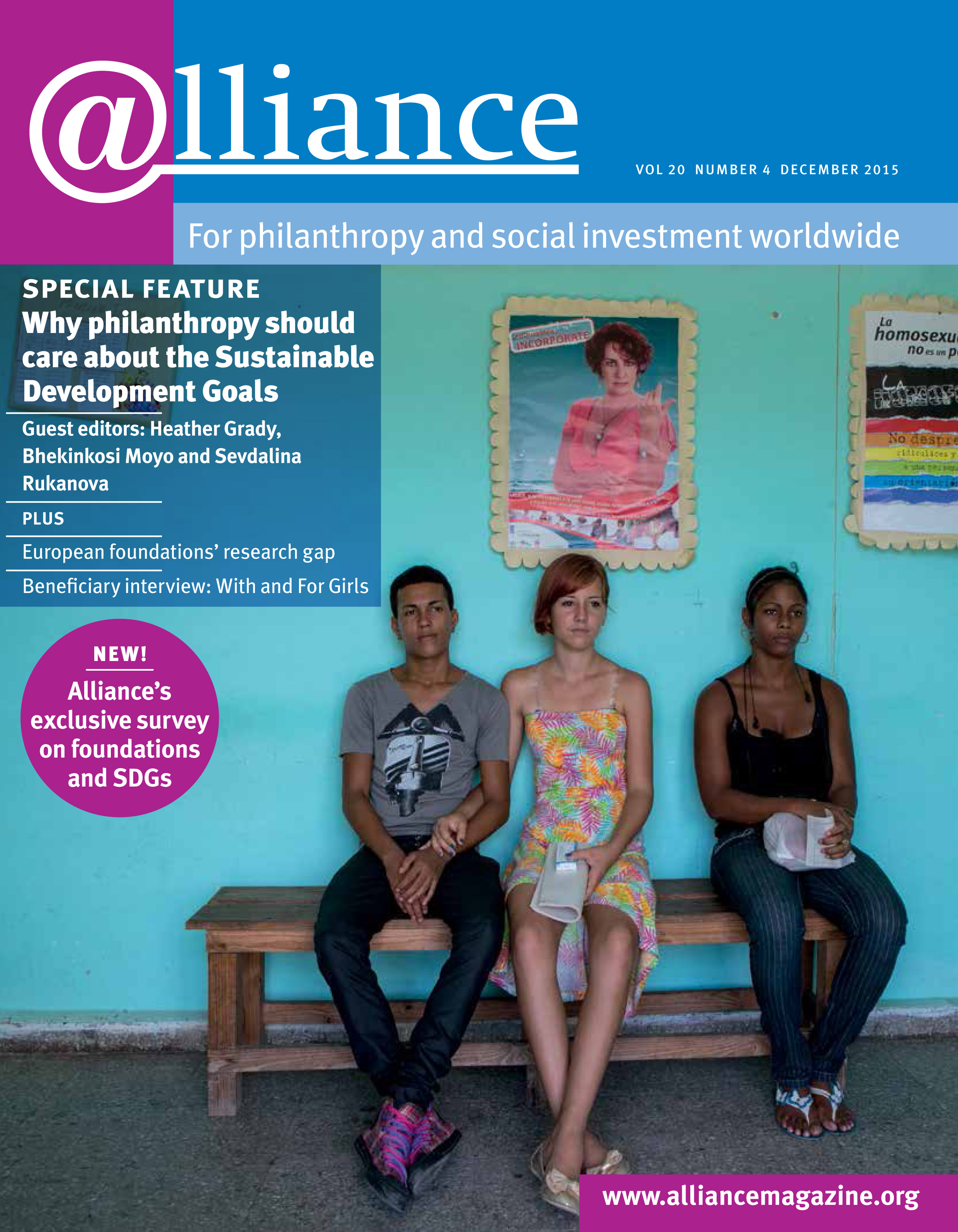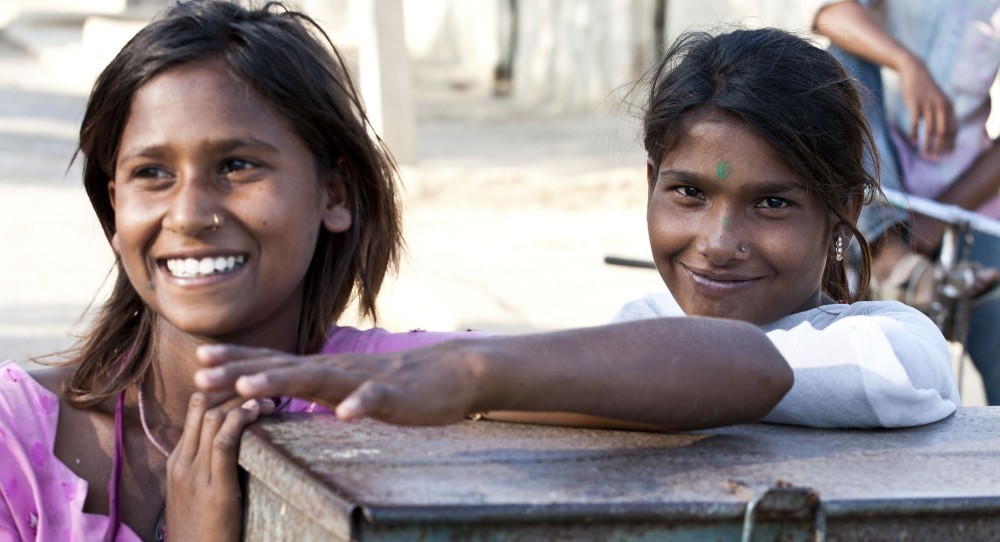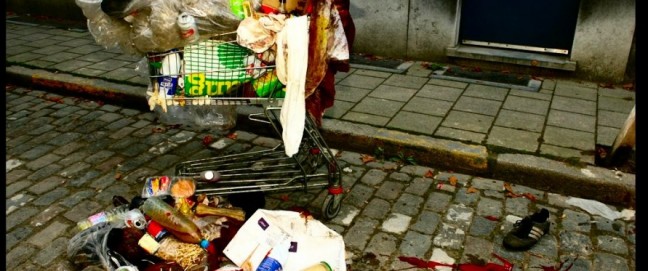The Sustainable Development Goals focus as much on what we must achieve as they do on how we might go about it. The new global development thus enables new possibilities for how we collaborate across sectors and borders, who participates in realizing this change, and how we fund different and innovative approaches to development challenges.
Today, each of us can participate in changing the lives of the disadvantaged faster and more meaningfully than has been possible at any other time in history. But to make the most of this moment, we have to be more open‑minded about whom we partner with and more imaginative about how we come together to harness each other’s knowledge and experience.
At the Dasra Girl Alliance (DGA) we have been able to build momentum around the issue of empowering adolescent girls in India by bringing together a government agency, USAID, a family foundation, Kiawah Trust, and a corporate foundation, Piramal Foundation. A first-of-its kind multi-stakeholder initiative in India, DGA aims to build an ecosystem that empowers adolescent girls and improves health outcomes for mothers and children, ultimately improving 5 million lives over 5 years.
When we began in 2013, few in India believed that investing in girls could alleviate poverty across generations. Funders hesitated before supporting girl-focused programmes, assuming diminished impact when the girls would inevitably marry. We also lacked national policies that specifically addressed adolescent needs. But combining the technical expertise of USAID, the global experience of Kiawah Trust, Piramal’s corporate rigour and Dasra’s on-the-ground experience has enabled us to raise more than $14 million for the sector; build the institutional capacity of organizations that deploy $20 million to serve 4.7 million people; and engage with thousands of stakeholders to build awareness and more partnerships for greater impact.
Such multi-stakeholder initiatives are critical to achieving the ambitious targets within the SDGs. The combined force of several actors inspires action around an issue in a way that no single entity can accomplish.
Such multi‑stakeholder initiatives are critical to achieving the ambitious targets within the SDGs. The combined force of several actors inspires action around an issue in a way that no single entity can accomplish. Through our work, we’ve learned what it means to build a movement around an issue, and our experience holds lessons that may be relevant for others seeking to address the new set of global goals:
- A partnership is like a marriage; choose wisely. The success of a partnership is as good as the compatibility of all involved. Though each partner’s priorities need not be identical, shared interests that mirror the collaboration’s objectives are necessary. This is obvious yet often underplayed. Just as critical is equal voice, being clear about what each partner brings, and designing roles and feedback loops accordingly.
- Audacity and focus must go hand-in-hand. The intractability of the challenges we’re tackling demands nothing short of audacity. And partnering with others enables us to dream bigger. Yet, broad and all-encompassing goals are also immeasurable. We must refine our objectives and exclude anything that dilutes focus. Bringing on heavyweight partners can be tempting, but exercising restraint in favour of decisions that serve the goals of the initiative pay off ten-fold.
- Adapting is more important than planning. Focus matters, but so does room for tweaks along the way. Change is inevitable, so it’s best to design for it. This need not alter outcomes, but may affect the approach. At DGA, we’ve found it beneficial to review our progress and revisit plans every 6 to 12 months to ensure we are incorporating new information, improving effectiveness, and adapting while staying on track to achieve our goals.
Partnerships come in all shapes and sizes and different solutions appeal to different stakeholders. Yet the lessons we’re learning from cross‑sector multi-stakeholder initiatives, small and large, are valuable for others embarking on similar efforts. It’s only through our collective experience with partnerships that new knowledge and approaches will emerge. And someday we will no longer need to dream up a more prosperous world; we will already be living in it.
Rachita Vora is manager, Dasra Girl Alliance. Email rachita@dasra.org
For more discussion on the SDG debate, listen to our Alliance Audio podcast.







Comments (0)